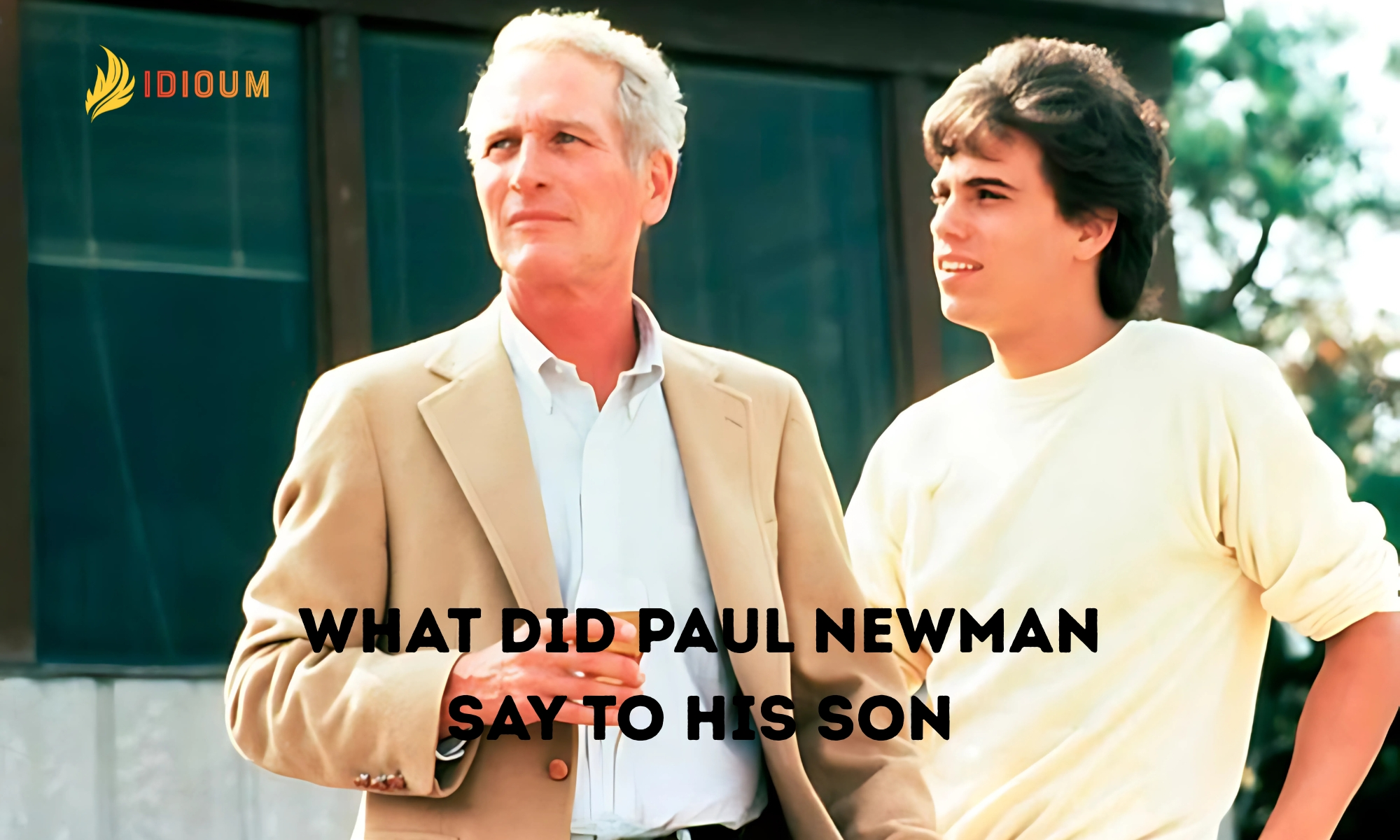Paul Newman, the legendary actor known for his piercing blue eyes and iconic roles, faced a profound personal tragedy that left an indelible mark on his life.
His only son, Scott Newman, died at the young age of 28 due to a drug and alcohol overdose.
In his posthumous memoir, The Extraordinary Life of an Ordinary Man, Newman delves deep into his feelings of guilt and sorrow, revealing the complexities of their relationship.
He candidly expressed, “Many are the times I have gotten down on my knees and asked for Scott’s forgiveness.”
This article explores the poignant reflections of Paul Newman on his relationship with his son, shedding light on the challenges of fame, fatherhood, and the enduring quest for understanding and redemption.
The Weight of a Famous Name
Scott Newman grappled with the immense pressure of living up to his father’s illustrious legacy.
In a candid conversation with family friend A.E. Hotchner, Scott lamented, “It’s hell being his son… I don’t have his blue eyes. I don’t have his talent. I don’t have his luck. I don’t have anything… that’s me.”
This profound sense of inadequacy and the constant comparison to his father’s success contributed to Scott’s struggles with identity and self-worth.
A Father’s Regret
Paul Newman’s reflections in his memoir reveal a deep sense of remorse.
He questioned whether he had inadvertently imposed his own aspirations onto Scott, stating, “Was there some way I might have told him he didn’t have to be like me?”
Newman’s introspection underscores the importance of allowing children to forge their own paths, free from the shadows of parental expectations
The Impact of Fame on Family
Fame, while bringing adulation and success, can also cast long shadows over personal relationships.
Newman acknowledged this, noting that “being a star throws everything out of whack for your kids.”
The constant public scrutiny and the demands of celebrity life can strain familial bonds, making it challenging to maintain genuine connections.
Seeking Forgiveness
In his memoir, Newman expressed a heartfelt plea for forgiveness, stating, “Many are the times I have gotten down on my knees and asked for Scott’s forgiveness.”
This admission highlights the enduring pain of unresolved issues and the human desire for reconciliation, even after loss.
Legacy and Advocacy
In the wake of Scott’s tragic death, Paul Newman channeled his grief into advocacy by establishing the Scott Newman Center in 1980.
The center aimed to educate young people about the dangers of drug and alcohol abuse, turning personal tragedy into a mission to help others.
Lessons for Parents
Paul Newman’s reflections offer valuable insights for parents:
- Encourage Individuality: Allow children to pursue their own passions and interests, free from undue comparisons.
- Open Communication: Foster an environment where children feel comfortable discussing their struggles and aspirations.
- Be Present: Quality time and genuine engagement can strengthen familial bonds and provide essential support.
Final Thoughts
The question, “What did Paul Newman say to his son?” unveils a narrative of love, regret, and the complexities of parenthood under the glare of fame.
Newman’s candid reflections serve as a poignant reminder of the importance of empathy, understanding, and the enduring impact of our words and actions on those we hold dear.












